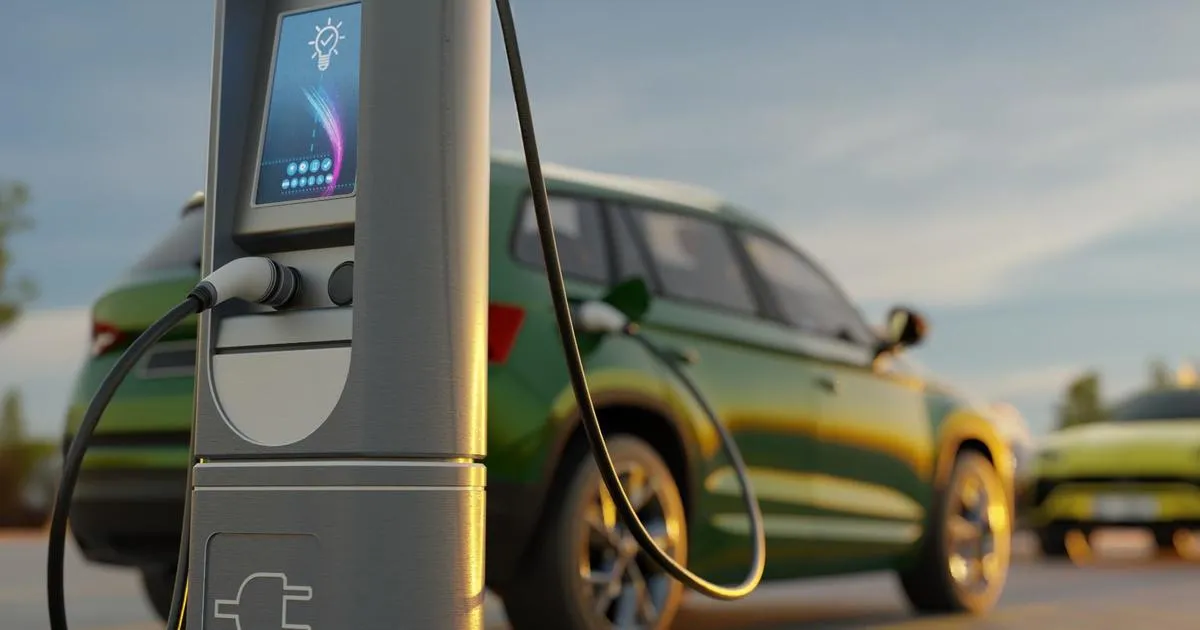What to Know Before Investing in an Electric Vehicle

The True Cost of Electric Vehicles
As electric vehicles (EVs) gain popularity, understanding their true cost becomes essential for prospective buyers. Here are the key points to consider:
- Purchase Price: EVs often have a higher initial cost compared to traditional vehicles.
- Operating Expenses: Lower fuel and maintenance costs can lead to significant savings over time.
- Government Incentives: Many regions offer financial incentives that can reduce the overall purchase price.
- Resale Value: The market for second-hand EVs is evolving, which can affect depreciation rates.
Conclusion
Investing in an EV involves considering several financial aspects. While the upfront costs can be daunting, potential savings on operating expenses and available incentives play a crucial role in the overall financial assessment. Buyers are encouraged to conduct thorough research to fully understand the implications before making a decision.
This article was prepared using information from open sources in accordance with the principles of Ethical Policy. The editorial team is not responsible for absolute accuracy, as it relies on data from the sources referenced.